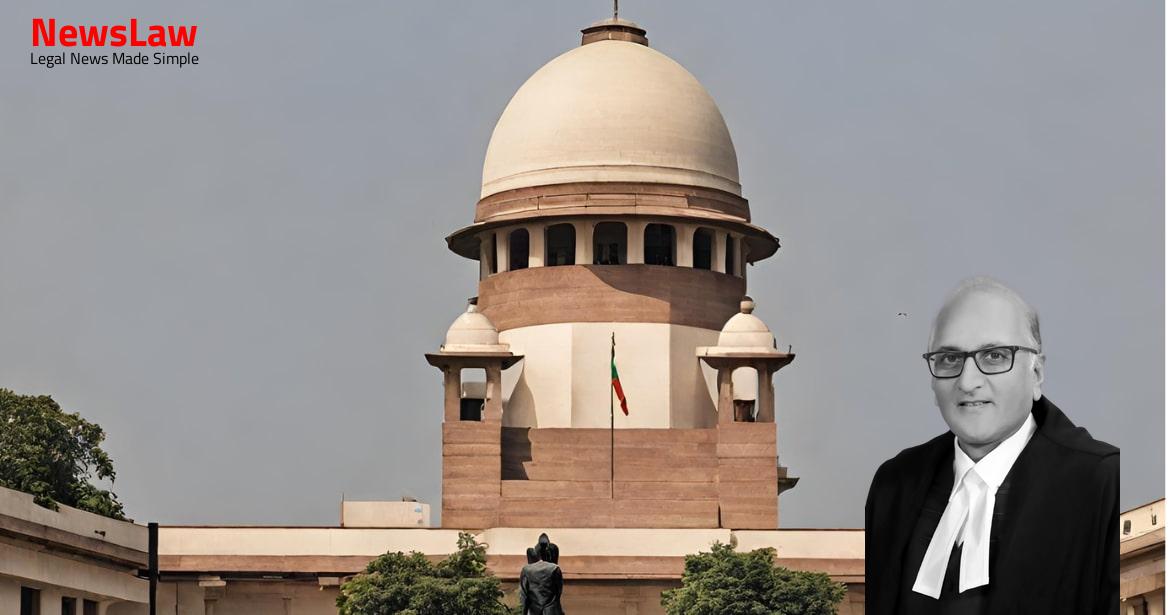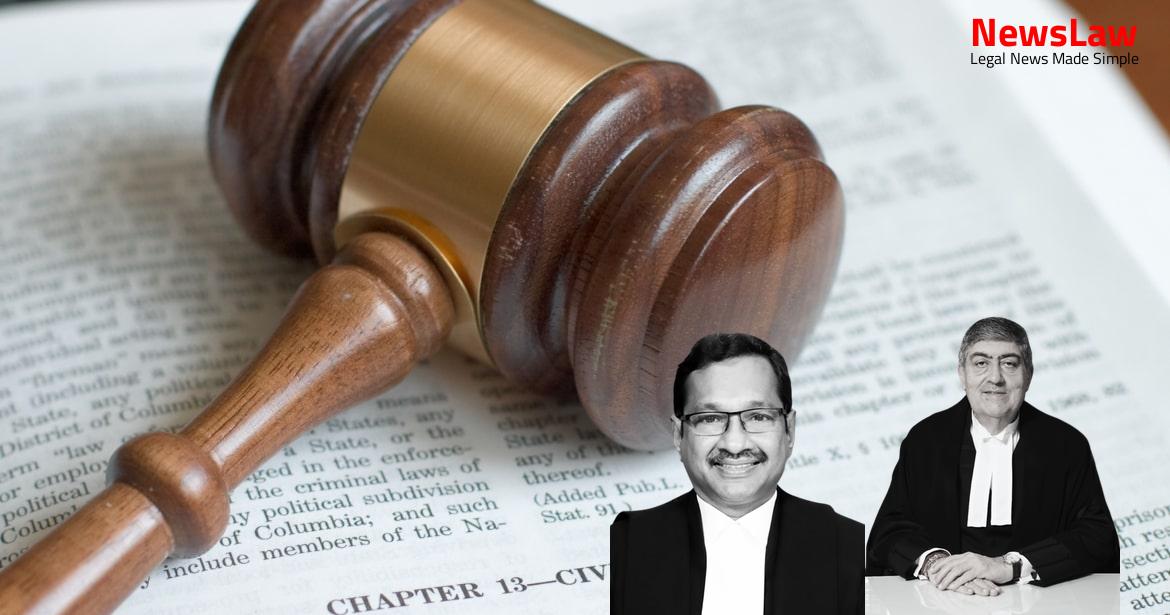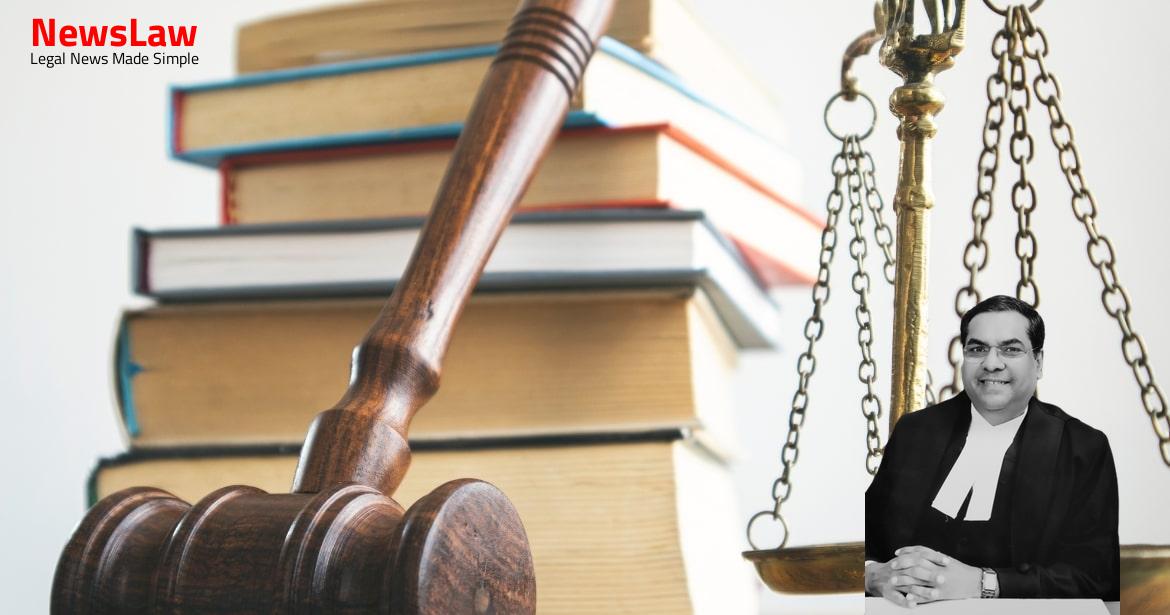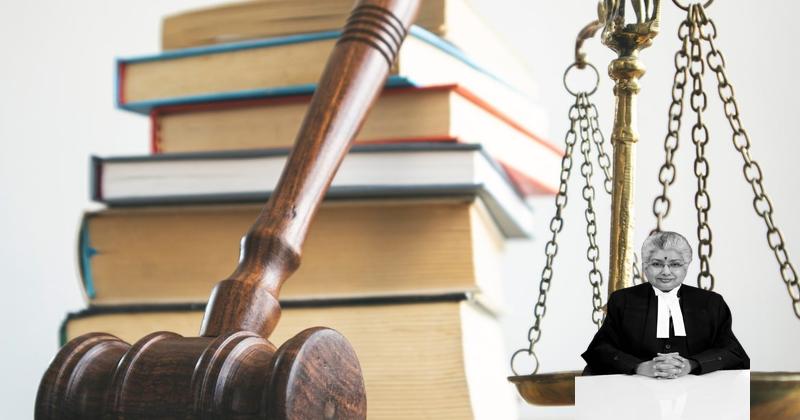The court delves into a complex legal analysis of a dispute revolving around telecommunications infrastructure. In a recent case, the court explored various legal nuances and provisions to make a well-informed decision. This summary focuses on the court’s expert analysis of the matter, shedding light on the interpretation of relevant laws and regulations. Stay tuned to unravel the legal intricacies involved in this telecommunication infrastructure dispute.
Facts
- The instant proceedings arise from Writ Petition No.15896 of 2020 filed by the respondents challenging the order dated 08.10.2020 granting permission to the present appellant to erect electric towers in the lands of the writ petitioners under Section 16(1) of the Indian Telegraph Act, 1885.
- Various grievances were raised by the original writ petitioners which were not accepted by the Single Judge of the High Court.
- This appeal challenges the judgment and order dated 06.05.2021 passed by the High Court of Judicature at Madras in W.A. No.1365 of 2021.
Also Read: Electoral Malpractices in Mayor Election
Issue
- The impugned order dated 31.03.2021 in W.P. No. 15896 of 2020 upheld the permission granted to the Ninth Respondent under Section 16(1) of the Act to erect electric towers on the Appellants’ lands.
- Section 17 of the Act concerning the removal or alteration of telegraph lines or posts on properties other than those of a local authority was referenced.
- If a telegraph line or post is placed by the telegraph authority on property not controlled by a local authority, and an entitled person wishes to remove or alter it, Section 17 provides the necessary framework for this action.
Also Read: Balancing Power and Transparency: Electoral Bonds Struck Down, Disclosure Mandated
Arguments
- Mr. V. Raghavachari, Advocate for respondents/original writ petitioners, suggests disposal of the matter based on the offer by the appellant’s counsel.
- All legal questions to be left open for determination in future cases.
Also Read: Recall of Resolution Plan Approval: Legal Analysis
Analysis
- The property owner can request the telegraph authority to remove or alter the telegraph line or post if necessary
- If compensation has been paid previously, the property owner must cover the expense of removal or alteration
- If the telegraph authority fails to comply with the request, the property owner can seek assistance from the District Magistrate
- The District Magistrate has the discretion to reject the application or make an order for removal or alteration of the telegraph line or post
- The order of the District Magistrate in this regard is final
- Enquiry under section 17(2) of the Act should be conducted by the Third Respondent
- All contentions raised by the Appellants to be examined
- Concerns include the authority of Ninth Respondent to invoke section 16, route for electric towers, compensation amount, and compromise with Appellants
- Land owner can apply to District Magistrate even after enter upon permission is granted under Section 16(1) of the Act
- Pragmatic considerations of cost effectiveness and time saving in the public interest should be considered
- The Court does not express any view on the correctness of the rival contentions of the parties
- No opinion is given by the Court on the correctness or otherwise of the arguments presented
- The Court does not make any judgment on the validity of the opposing contentions
Decision
- The Appellants must submit their objections in writing before the Third Respondent on the scheduled hearing date.
- No further extensions will be granted for submitting objections.
- If the Third Respondent cannot conduct the hearing on the specified date, a new hearing date will be communicated to all parties.
- Parties can bring their legal representatives to the hearing.
- After giving all parties a fair chance for a personal hearing and inspecting the property if needed, the Third Respondent will address all raised contentions and issue reasoned orders based on merit.
- The decision will be communicated in writing to the parties by 30.06.2021, and a report of compliance must be filed with the Registrar (Judicial) of the Court.
- Statements made by the learned counsel representing the Appellant must be honored, and the Appellant is bound by those statements.
- The implementation of previous orders shall be put on hold until a proposed inquiry is completed.
- No costs shall be awarded, and the Appellant must pay 500% more compensation to the affected parties based on the submissions.
- The issue of compensation will be determined by the relevant authority as per the law.
- The appeal is allowed, the Division Bench’s order is set aside, and the Single Judge’s order is restored with the modification of increased compensation.
- Within six weeks, the Appellant must pay the increased compensation to the affected parties.
- The concerned authority must resolve the matter promptly, preferably within two months.
- An inquiry under section 17(2) of the Act will be held, and all parties, including the Appellants and the Ninth Respondent, must appear.
Case Title: M/S SUZLON ENERGY LTD. Vs. JAYANTHI (2021 INSC 753)
Case Number: C.A. No.-006961-006961 / 2021



